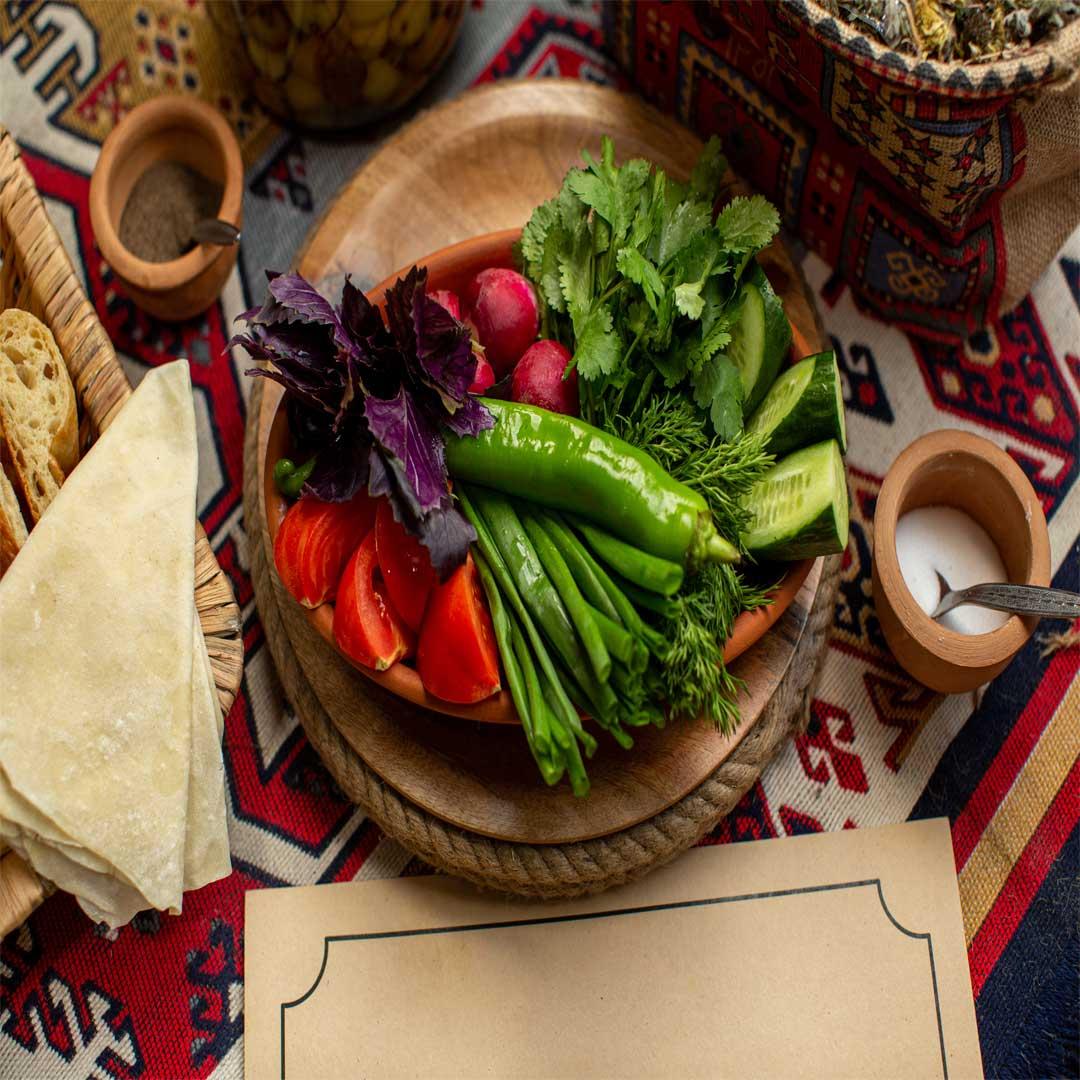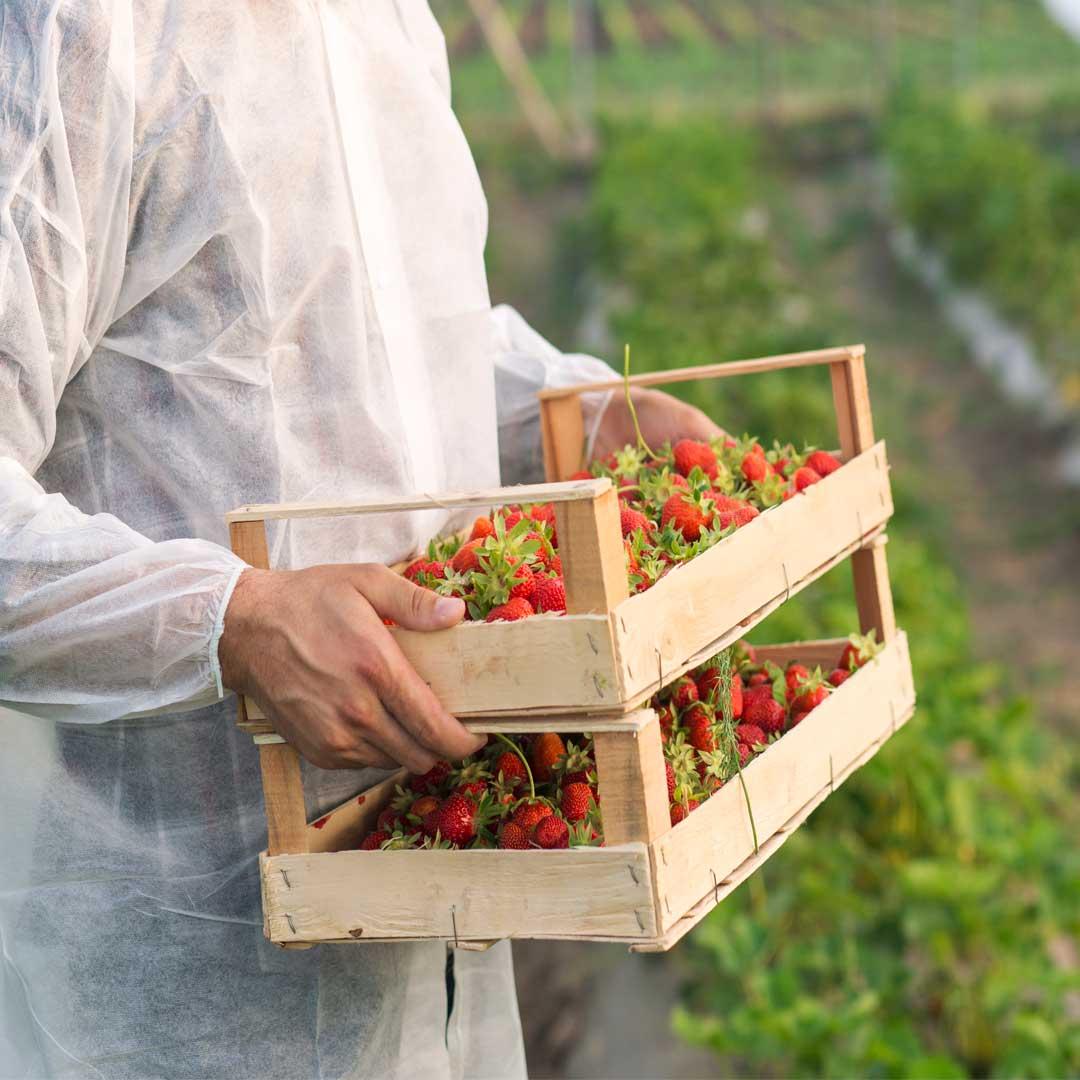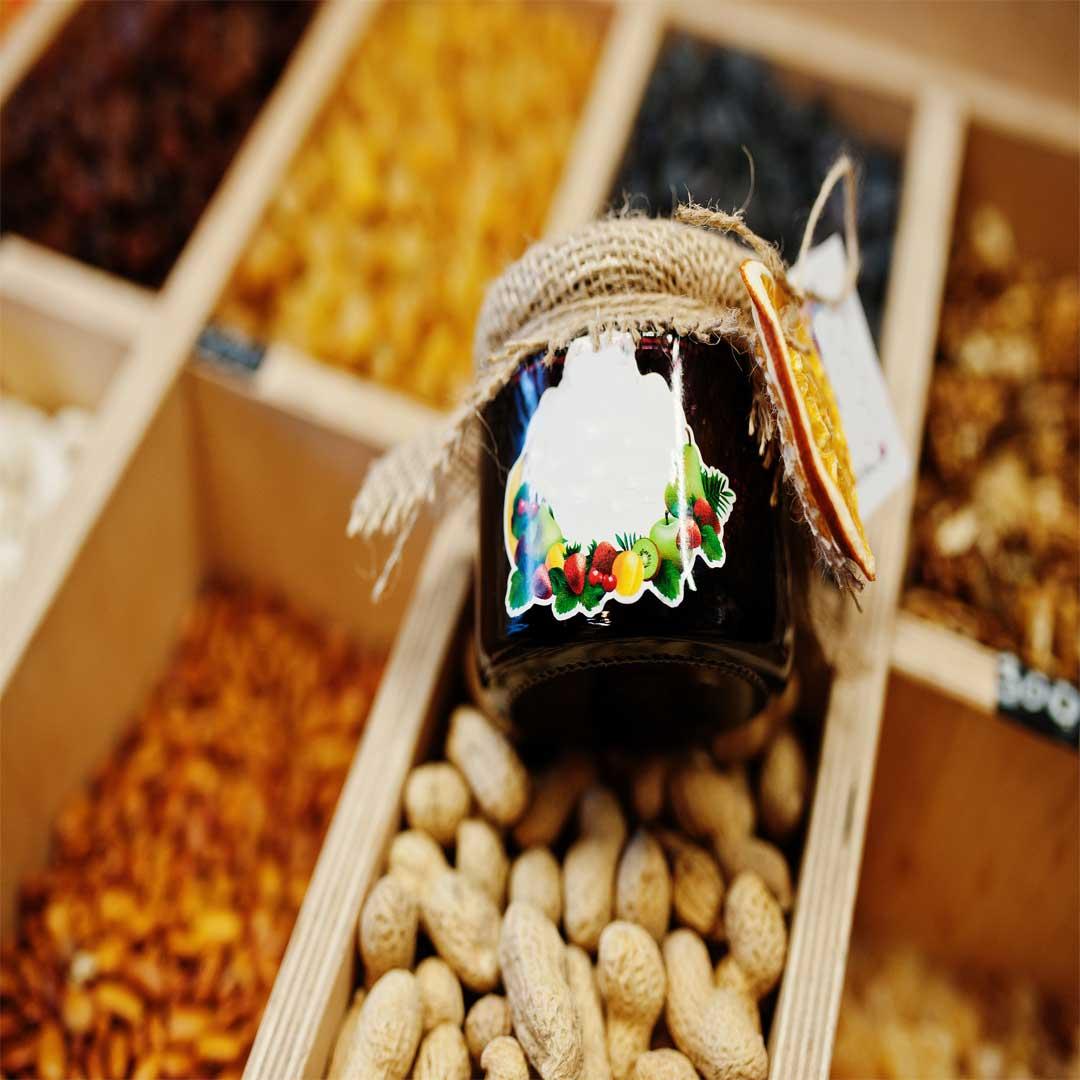France is a major EU market with high demand for premium, natural, and exotic foods. Iran exports pistachios, saffron, d...
Iran Food & Agricultural Exports to Afghanistan
Iran’s Agricultural and Food Exports to Afghanistan
Iran and Afghanistan share over 900 kilometers of common borders and have deep historical, cultural, and economic ties. One of the most significant aspects of this relationship is Iran’s export of agricultural and food products to Afghanistan, which has seen remarkable growth over the past decade. As Afghanistan continues to rebuild its economy, it remains highly dependent on imports of food, fruits, grains, and processed products — with Iran emerging as one of its main suppliers due to proximity, logistical advantages, and agricultural diversity.
Structure of Iran’s Agricultural and Food Exports
Agricultural and food products account for roughly 20 percent of Iran’s total non-oil exports to Afghanistan. According to official 2024 statistics, the total value of Iran’s exports to Afghanistan reached USD 3.14 billion, marking a growth of over 80 percent compared to the previous year. During the 2024–2025 fiscal year, Iran exported more than 7.6 million tons of agricultural products, worth approximately USD 5.2 billion, to regional and neighboring markets — with Afghanistan among the top destinations.
Major Exported Products
Iran’s agricultural exports to Afghanistan cover a wide variety of fresh and processed food items. The main categories include:
| Product Category | Key Items | Description |
|---|---|---|
| Fresh Fruits | Apples, oranges, kiwis, melons, watermelons, pomegranates | Iran supplies a large share of Afghanistan’s seasonal fruit demand. |
| Vegetables & Produce | Potatoes, onions, tomatoes, carrots | Primarily exported from Khorasan and Kerman provinces via the Dogharoun border. |
| Dairy & Protein Products | Milk powder, cheese, eggs, butter | Exports increase during colder months of the year. |
| Grains & Legumes | Iranian rice, beans, chickpeas, wheat | High-consumption items in Afghan markets. |
| Processed Foods | Tomato paste, juices, sauces, canned foods | Growing share due to urban demand in Afghanistan. |
| High-Value Exports | Saffron, dates, pistachios, dried fruits | Premium-quality Iranian products with high added value. |
Export Routes and Logistics
Most of Iran’s agricultural and food exports to Afghanistan are delivered through Dogharoun (Khorasan Razavi Province), Milak (Sistan and Baluchestan), and Mahirood (South Khorasan) border crossings. Thanks to improved logistics and customs coordination, transportation time has been reduced considerably. Perishable goods are increasingly shipped via refrigerated trucks to preserve quality and ensure faster delivery.
The Role of the Abrisham Road International B2B Platform
The Abrisham Road International Platform, recognized as Iran’s first specialized B2B export platform, plays a vital role in expanding agricultural and food trade between Iran and Afghanistan. Through its secure digital infrastructure, the platform enables direct interaction between Iranian producers/exporters and Afghan importers, eliminating unnecessary intermediaries and promoting transparency.
- Facilitates direct trade connections between Iranian suppliers and Afghan buyers.
- Showcases verified exporter profiles with detailed product data, packaging, and logistics terms (CIF, FOB, etc.).
- Provides RFQ registration, proforma invoice issuance, and real-time communication.
- Supports export growth of fruits, saffron, dates, nuts, dairy, and other agricultural products.
By focusing on neighboring markets such as Afghanistan, the Abrisham Road platform has helped accelerate trade, reduce transaction costs, and strengthen regional cooperation in the non-oil export sector.
Challenges and Opportunities
While Afghanistan represents a promising export destination, certain challenges persist:
- Currency fluctuations and payment transfer difficulties;
- Packaging and branding limitations for export markets;
- Insufficient cold storage infrastructure at border customs;
- Health and quarantine regulation gaps.
However, the growing population and urbanization in Afghanistan, combined with rising demand for quality Iranian food products, create strong long-term opportunities for sustainable export growth.
Conclusion
Iran’s export of agricultural and food products to Afghanistan is not merely a commercial exchange but a strategic component of regional economic cooperation and food security. With the support of digital trade ecosystems like the Abrisham Road International Platform, Iran can consolidate its position as a leading supplier of food products to Afghanistan and expand its share in regional markets. Such cooperation not only stimulates economic growth in Iran’s border provinces but also enhances regional stability and strengthens people-to-people connections between the two nations.




